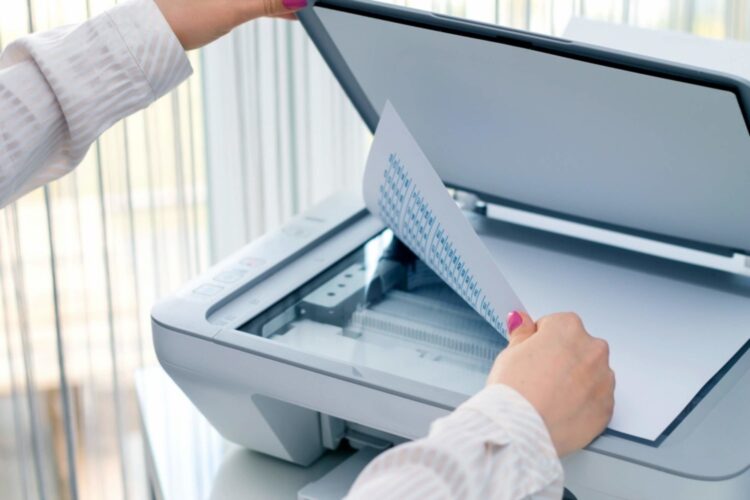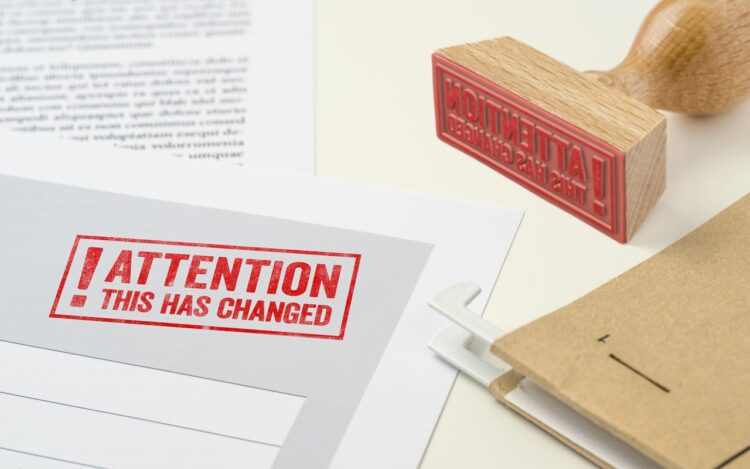Some mistakes are better to be avoided because their solutions are very costly. It’s the same rule in almost every aspect of our life, but also we all know we can’t be perfect, and some mistakes will anyway happen, no matter what we do, and how hard we try to avoid them. For example, the field known as contract management requires a lot of knowledge and skills, and that leads to a higher risk for mistakes. Contract management is a form of a company’s administration, and the people who work in this department need to collect, sort, and manage the contracts their company made with the clients, vendors, partners, and even the employees and part-time workers too.
They can run these files online, using proper software, but in many companies, the paperwork is still required, so they can protect the data in case something goes wrong with the computer or software. The people who work in this important department have a really responsible job to operate with all the needed data and reduce the financial risks. There is a lot of pressure over them, because they have to document every tiny action in the company, so they can always have proof of what’s done, increasing the efficiency of the business with their work. It’s not a simple way of saving and archiving the documents. These people also have to collaborate with the representatives of the other companies, sign the documents, track the activities, and manage with the deadlines, terms, and conditions, as all of the involved parties can be satisfied with the performance.
As you can see, it’s a lot of work to fall over one person, and that’s why there is always a need for a whole department and appropriate software, so they can minimize the risks of making mistakes. Anyway, some errors may still occur, and here are the most common of them (and some possible ways to resolve the problems).

1. Avoiding software, thinking that paper is the best
Both software and paper have benefits and disadvantages at the same time. If a flood or fire happens, both of them will be destroyed. You can’t rely on one of them, and you have to embrace the new technologies, as the cloud-based drives, that will keep a copy of the paperwork you need forever until you decide to remove it. Some people say that it’s always a good idea to put everything on paper, but can you imagine how big an environmental issue is to print out every document, to archive it. The best solution is to combine the methods we already mentioned, and not insist on printing everything. Also, if you make some mistake, you can easily fix it on the cloud, which is not the case with the printed version. It’s not a mistake to print, but it’s not the most optimal solution too.
2. Not limiting the access to the documents
Only authorized people should access these documents. You can’t share them with everyone, and if someone insists on their file, you simply download it and send it to them. If you give access to the whole server or cloud memory, you are doing a huge mistake that affects the clients’ and employees’ privacy. There are just a few people in the company that know everything that happens there, and if you have that privilege and responsibility, don’t share it with others. Always provide a read-only copy of the files, because you can’t know who will try to make changes and illegally use it for some unclear purposes.

3. Not paying attention to the renewal period
When contracts are limited, you have to remember that, so you can avoid unintentional renewals and assigning more work and money to the people who don’t work with you anymore. You must track down every possible process that happens, and also have a good memory for details. There are plenty of cases when someone received an invoice document, even though they wanted to cancel it, but forgot about the deadline. If you are a service provider, you have to keep track of everything, and we know it’s a big amount of job. That’s why it’s always a good idea to use solutions like ContractSafe, to manage with all the things in your hands, receive alerts, manage your tasks, create tickets, and meet all the deadlines.
4. Not tracking the changes in the contract
Every contract can be changed, in the meaning of terms and conditions. You have to always update to the final version, but keep copies of the previous versions too. That’s your job, and you will always have the right answer and solution if something happens between the involved parties. Being accurate will protect the whole company from the potential risks that may come with the arguments between the partners or clients. Track every change that is made, even when that’s just adding or removing a line in the whole document.

5. Ignoring your responsibilities
If you want to keep this job, you have to put in the minimum effort to complete the required tasks. Be responsible, always save a reserve copy of every contract, back the data up using the proper software, and if there is any problem, report it to the higher instances in the company. If you see that someone made some mistake while signing up the contract, you have a responsibility to report it and tell them about the risks, and resolve it on time, before additional charges are applied, or some issues and arguments appear.
Conclusion
Contract management is not an easy job to be done without help from other people or appropriate software. There are a lot of potential mistakes that can lead to collapse or catastrophe. Teamwork in this case is very important, and you need to double-check every document you get before you sign it up. Effective contract management is “healthy” for your business and may have a positive impact on future collaborations, so it’s always a good idea to improve and optimize it.
 Hi Boox Popular Magazine 2025
Hi Boox Popular Magazine 2025



